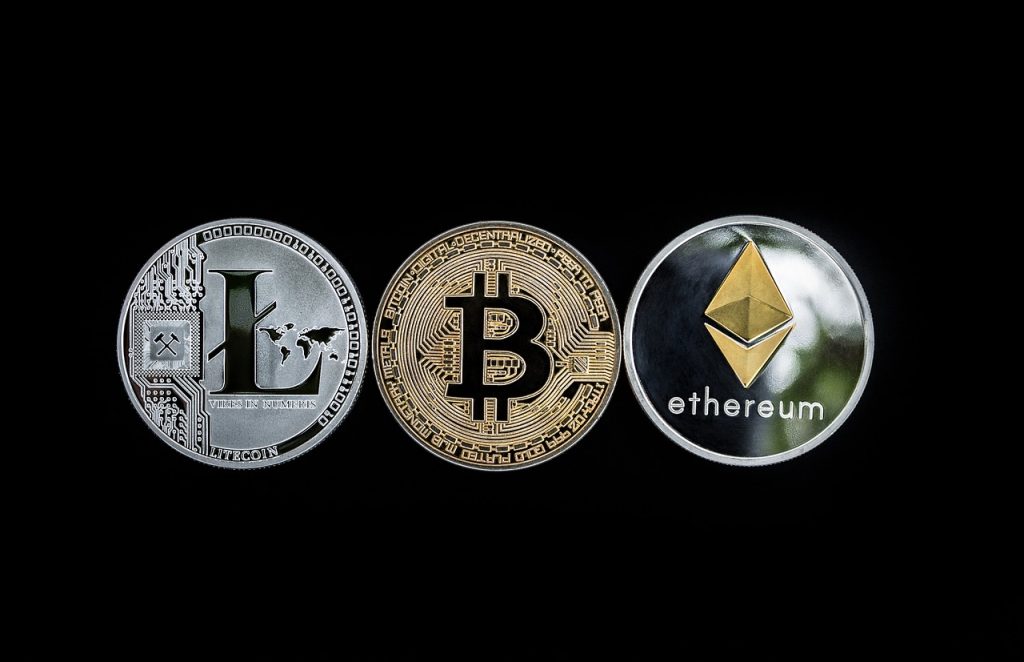Investing in cryptocurrencies has taken the world by storm. From the heady days of Bitcoin’s monumental rise to the lesser-known realm of altcoins, the crypto world has steadily carved a niche in the global investment landscape. Despite the spotlight often hovering over Bitcoin, its somewhat lesser-known counterparts, altcoins, have begun to grab significant attention from investors. However, diving into the altcoin market isn’t without risk, and understanding these risks can mean the difference between a successful investment and a catastrophic loss.
Firstly, let’s establish what altcoins are. The term “altcoin” is a portmanteau of “alternative” and “coin,” denoting all cryptocurrencies other than Bitcoin. Ethereum, Litecoin, Ripple, and numerous others fall into this category. At the time of writing, there are over 10,000 different altcoins, each with its unique functionality and value proposition.
Investing in altcoins, like any other investment, comes with a high degree of risk due to their volatile nature. Unlike traditional assets, such as stocks or bonds, cryptocurrencies can experience extreme price swings within a short period. In January 2018, the total cryptocurrency market cap was over $800 billion, only to plummet to around $100 billion by December the same year. This stark example underscores the level of volatility and risk associated with altcoin investments.
Another major risk revolves around the lack of regulation in the crypto market. Without a centralized governing body, altcoin markets are susceptible to manipulation. So-called ‘pump and dump’ schemes, where prices are artificially inflated and then rapidly sold off, are common. Furthermore, in the absence of an established regulatory framework, investors might fall prey to fraudulent altcoins and ICO scams, potentially leading to a total loss of investment.
The technological complexity and knowledge barrier pose a significant risk too. Many altcoin investments hinge on intricate technical concepts and blockchain technologies that a majority of investors find challenging to grasp fully. This lack of understanding can result in ill-informed investment decisions. Additionally, even the most promising altcoins can become obsolete due to rapid technological advancements or failures, which can render an investment worthless.
Investing in an altcoin during its early stages can be like betting on a dark horse. It might soar to unimaginable heights, as Ethereum did, or it could vanish into the abyss of forgotten tokens. Altcoins typically lack the track record that Bitcoin has, making it difficult for investors to evaluate their potential accurately. The market performance and investor sentiment surrounding newer, less-proven altcoins can be highly unpredictable, adding to the risk.
Liquidity risk is another challenge to consider. Unlike Bitcoin, which is widely traded across a multitude of exchanges, some altcoins have limited availability. This could lead to problems if an investor needs to sell quickly, only to find there are no buyers at the desired price or, in some cases, at any price.
Lastly, the regulatory landscape for cryptocurrencies is still evolving. A sudden change in legal status or tax implications in key markets could significantly impact an altcoin’s value and usability. This regulatory uncertainty adds another layer of risk to altcoin investments.
So, should these risks deter you from investing in altcoins? Not necessarily. While it’s crucial to understand and consider these risks, it’s equally essential to understand that risk is inherent in every type of investment. The key lies in diligent research, cautious investing, and diversification.
Just as with any other investment, careful consideration of the risks associated with altcoins can lead to informed decisions. Thoroughly research any altcoin before investing in it. Understand its technology, its use case, its team, and the problem it’s trying to solve. Stay updated with crypto-related news and regulatory changes worldwide. And last but not least, never invest more than you can afford to lose.
In conclusion, while altcoins present an enticing investment opportunity with their potential for high returns, they are not for the faint-hearted. The volatility, regulatory uncertainty, technological complexity, and market manipulation risks, among others, call for cautious and informed investing. Yet, for those willing to navigate these choppy waters with diligence and informed decision-making, the world of altcoins may prove to be a rewarding venture.




